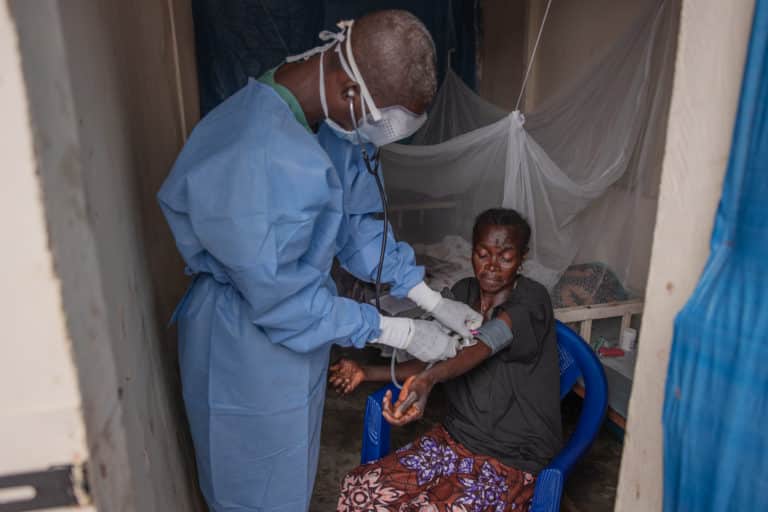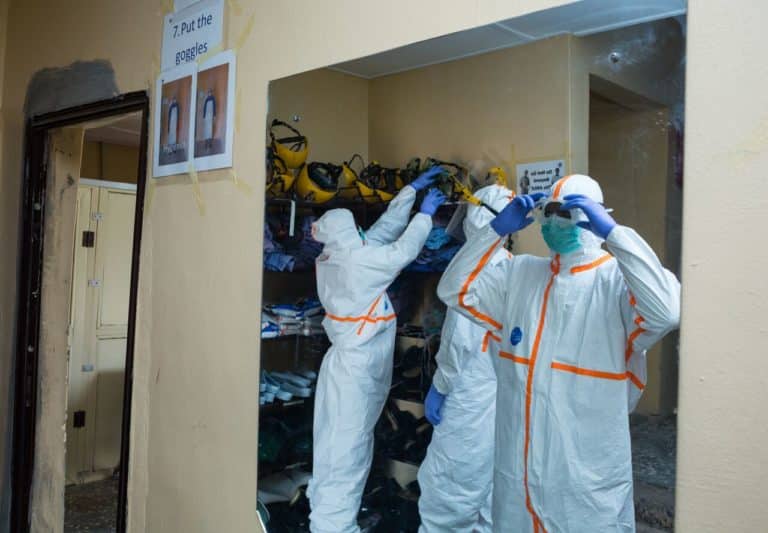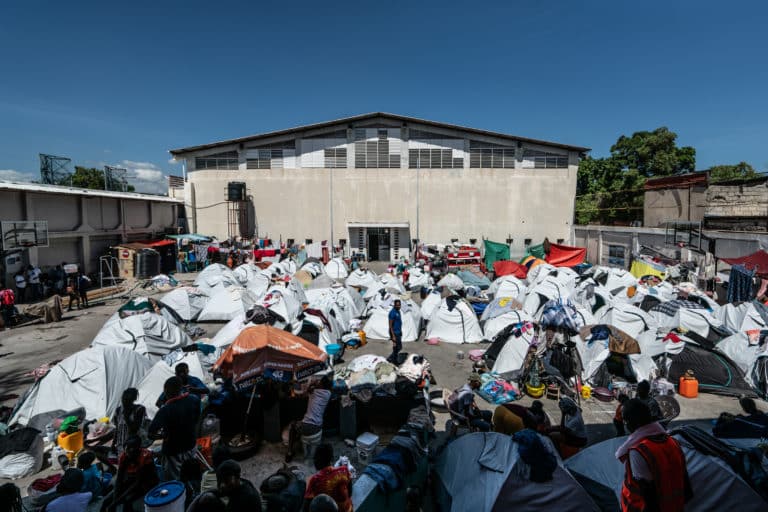“We had confirmation on Friday that the samples taken by our teams tested positive for Rift Valley haemorrhagic fever,” says Dr. Oumarou Maidadji, medical coordinator for ALIMA.
In collaboration with the Ministry of Health, ALIMA has set up a support structure in Tchintabaraden, the area most affected by the outbreak. “The priority now is to do everything possible to treat suspected and confirmed cases and prevent the disease from spreading, “ said Dr. Maidadji.
ALIMA’s teams were alerted on August 22, after the onset of suspected haemorrhagic fever in Tchintabaraden. They quickly started offering medical care to nomads in the region. ALIMA staff have needed to hospitalize 26 patients since the beginning of the epidemic.
ALIMA medical teams are urgently trying to locate infected people to provide them with emergency care due to the disease’s high mortality rate of around 50%. Most deaths from Rift Valley fever occur between three and six days following the onset of symptoms.
“Unfortunately, the 52 severe cases that are officially registered at present represent the tip of the iceberg.” worries Dr. Maidadji.
Rift Valley fever is a disease transmitted mainly to humans in contact with infected animal tissue, blood or other fluids. It is also spreads via the consumption of raw milk, an important food among the nomads of the region.
“Rift Valley fever can also be transmitted as a result of mosquito bites, most commonly the Aedes mosquito. We recommend the destruction of mosquito breeding sites.” explained Dr Maidadji.
Through its partnership with the Nigerien medical non-governmental organization BEFEN (‘Bien-être de la femme et de l’enfant au Niger’), ALIMA was quick to mobilize an experienced medical team of five doctors and a dozen home health promoters who could speak the local languages. The team has set up a mobile clinic that travels around the different municipalities to disseminate public health messages to prevent the spread of the epidemic. “Awareness is an essential step in containing the spread of the epidemic. With the approach of the annual festival of farmers, vigilance is crucial.” said Dr Maidadji.
© Alexis Huguet / ALIMA



